Epigenetics and Reprogramming
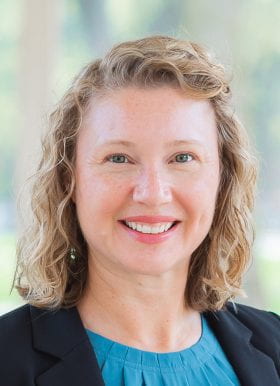
Jennifer Alexander-Brett, MD, PhD
Assistant Professor, Department of Medicine, Division of Pulmonary & Critical Care Medicine
- Email: jalexand@wustl.edu
The Alexander-Brett Lab integrates mucosal immunology, epithelial stem cell biology and protein biochemistry to investigate the role of stromal-immune intercellular crosstalk via extracellular vesicles in driving chronic lung disease pathogenesis.

David Alvarado
Assistant Professor, Surgery
- Email: alvaradodm@wustl.edu
My research focus is on the affect of human genetic variation on response to environmental stimuli, also known as gene-by-environment interactions. I am particularly interested in variants affecting the aryl hydrocarbon receptor (AHR) pathway in the development and progression of inflammatory bowel disease (IBD).

Siyan Cao, MD, PhD
Assistant Professor, Department of Medicine, Division of Gastroenterology
- Email: caos@wustl.edu
Basic and translational research in inflammatory bowel disease, including epithelial barrier regeneration and gene therapy.
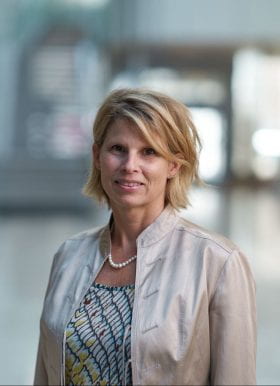
Valeria Cavalli, PhD
Associate Professor
Department of Neuroscience
- Email: cavalli@wustl.edu
The Cavalli lab studies the molecular mechanisms of PNS injury signaling and axon regrowth, and how this can inform CNS regeneration.
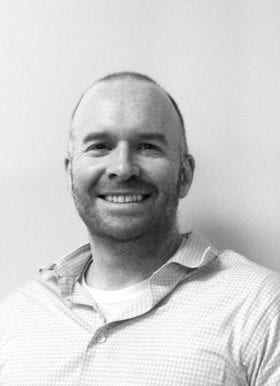
Grant Challen, PhD
Associate Professor, Division of Oncology, Department of Medicine
- Email: grantchallen@wustl.edu
The Challen lab focuses on how epigenetic marks regulate HSC self-renewal and differentiation, and how these are altered in lymphoma and leukemia.
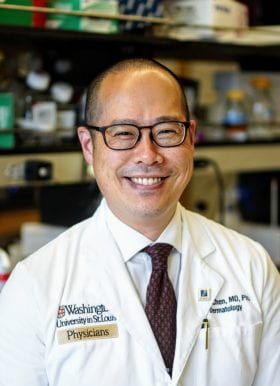
David Chen, MD, PhD
Assistant Professor, Department of Medicine, Division of Dermatology
- Email: davidchen@wustl.edu
The Chen Lab is interested in defining the genetic and epigenetic drivers of premalignant states in skin cancer.
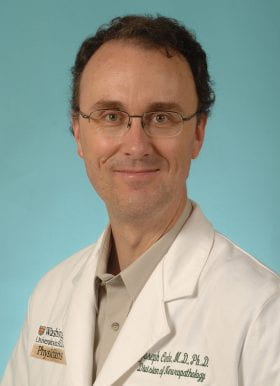
Joseph Corbo, MD, PhD
Professor
Department of Pathology and Immunology
- Email: jcorbo@wustl.edu
The Corbo lab studies the transcriptional regulatory networks that underlie the development, evolution, and diseases of photoreceptors.
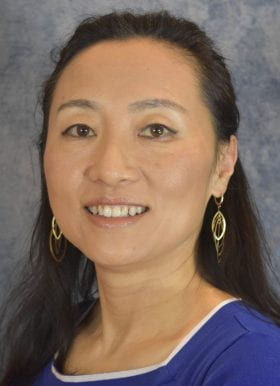
Xiaoxia Cui, PhD
Associate Professor and Director, Genome Engineering & Stem Cell Center
- Email: x.cui@wustl.edu
Dr. Cui directs the Genome Engineering & Stem Cell Center at Washington University. The GESC’s mission is to empower its users with access to the most up-to-date technologies in the fields of gene editing and stem cells and enable the creation of research models best fit for the unique need of each lab.
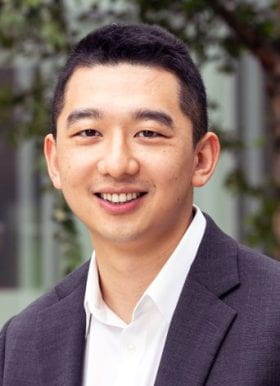
Yifan Dai, PhD
Assistant Professor, Biomedical Engineering
- Email: dyifan@wustl.edu
The Dai Lab focuses on exploring the physical chemistry of biology to understand how chemical functions are encoded in biological soft matter. Their goal is to use fundamental capabilities of synthetic biology to design smart medicine capable of sensing and responding to cellular states for the improvement of human well-being.

Zhiyu Dai
Associate Professor of Medicine, Division of Pulmonary and Critical Care Medicine
- Email: z.dai@wustl.edu
My research aims to understand the lung vascular homeostasis and the pathogenesis of cardiopulmonary diseases and regeneration and repair from lung injury.
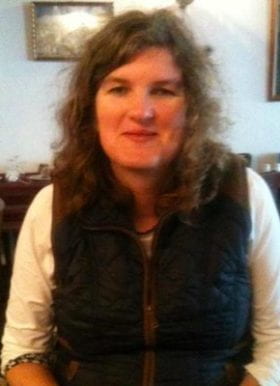
Sabine M Dietmann, PhD
Assistant Professor of Developmental Biology and Medicine, School of Medicine
- Email: sdietmann@wustl.edu
The Dietmann Lab specializes in the development of integrative multi-omics and machine learning approaches to the complex data sets generated by single-cell sequencing technologies in developmental biology and medicine. Her research has focused on the epigenetic landscape of embryonic stem cells and in vitro systems of human development. Of particular recent interest are studies of human organoids for applications in medicine and comparing developmental trajectories with other species and cell-cell communication.

Farshid Guilak, PhD
Co-Director, Center of Regenerative Medicine; Mildred B. Simon Professor of Orthopedic Surgery; Director of Research, Shriner's Hospitals - St. Louis
- Email: guilak@wustl.edu
The Guilak Lab is pursuing a multidisciplinary approach to investigate the etiology and pathogenesis of osteoarthritis, as a basis for the development of new pharmacologic and stem cell therapies.
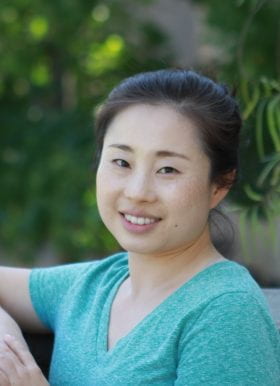
Claudia Han
Assistant Professor, Pathology and Immunology
- Email: claudiah@wustl.edu
We are interested in understanding the epigenetic mechanisms underlying the immune system’s contribution and response in neurodevelopmental and neurodegenerative diseases. We utilize both mouse and stem cell derived models.

Nathaniel Huebsch, PhD
Assistant Professor, Biomedical Engineering
- Email: nhuebsch@wustl.edu
Professor Huebsch's research focus is in basic and translational stem cell mechanobiology, with specific focus on hydrogels to control cell-mediated tissue repair, and 3-D models heart-on-a-chip models derived from human induced pluripotent stem cells.

Sanjay Jain, MD, PhD
Associate Professor, Division of Nephrology, Department of Medicine
- Email: sanjayjain@wustl.edu
The Jain lab studies the molecular and cellular mechanisms that regulate maintenance, differentiation and function of kidney progenitors in normal development and disease states.
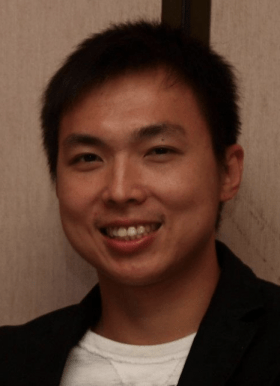
Sheng Chih (Peter) Jin, PhD
Assistant Professor, Department of Genetics
- Email: jin810@wustl.edu
Research in the Jin lab is devoted to identifying the genes and elucidating the molecular, cellular, and developmental mechanisms that drive the development of specific neurodevelopmental disorders, including congenital hydrocephalus, cerebral palsy, and Moyamoya disease.
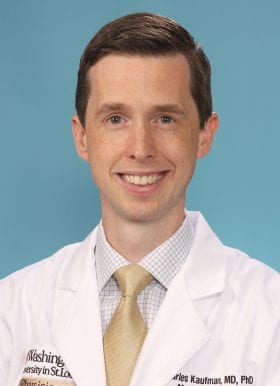
Charles Kaufman, MD, PhD
Assistant Professor, Division of Oncology, Department of Medicine
- Email: ckkaufman@wustl.edu
The goal of the Kaufman lab is to understand how cells change their gene expression programs during normal development and cancer formation.

Albert Kim, MD, PhD
Professor, Neurosurgery
- Email: kima@wustl.edu
The Kim Lab studies the cell-intrinsic molecular mechanisms governing brain cancer stem cell function, normal nervous system development, and the development of clinical surgical protocols to deliver cell-based and drug therapies for a variety of nervous system disorders.

Eynav Klechevsky
Associate Professor, Immunology
- Email: eklechevsky@wustl.edu
The Klechevsky Lab investigates the role of dendritic cell subsets in both healthy and diseased tissues, as well as the environmental cues that regulate their development, with the goal of developing novel immunotherapy approaches to combat cancer and autoimmune diseases.

Alex Knights, PhD
Assistant Professor, Department of Orthopaedic Surgery
- Email: aknights@wustl.edu
The Knights lab is fundamentally interested in the complex cellular and molecular interactions that take place during musculoskeletal homeostasis and disease. We want to understand how a breakdown in the crosstalk that governs tissue health leads to inflammation, fibrosis, and mineralization in joint diseases like osteoarthritis.
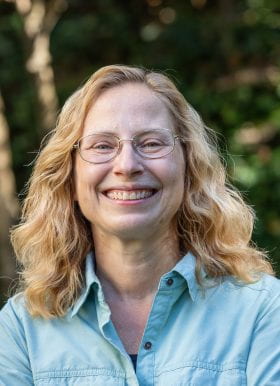
Kristen Kroll, PhD
Professor, Developmental Biology
- Email: kkroll@wustl.edu
The Kroll lab studies the epigenetic and transcriptional regulators that control fate decisions from embryonic stem cells into the neural lineage.
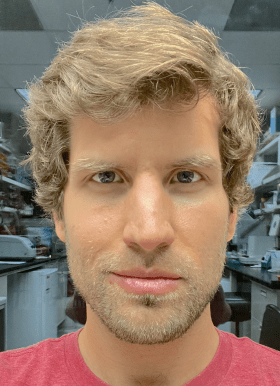
Michael Meers, PhD
Assistant Professor, Department of Genetics
- Email: meers@wustl.edu
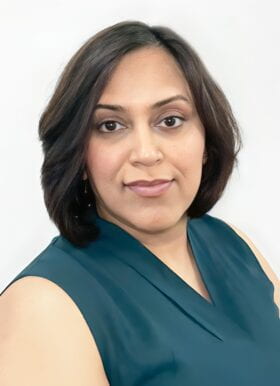
Sumegha Mitra, MS, PhD
Associate Professor of Obstetrics and Gynecology
- Email: smitra@wustl.edu
Dr. Mitra is focused on chemotherapy stress-induced mechanisms that provide resistance to endoplasmic reticulum stress and promote cell survival. She is also interested in regulating protein homeostasis to re-sensitize chemoresistant ovarian cancer to platinum drugs.
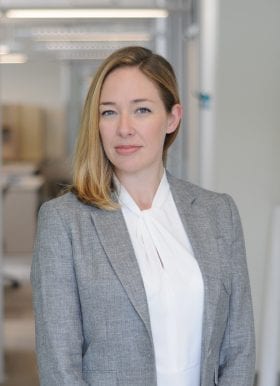
Samantha Morris, PhD
Associate Professor of Genetics and of Developmental Biology
- Email: s.morris@wustl.edu
The Morris lab studies the gene regulatory networks that define cell fate. This information is applied to engineer cell identity, and to better understand cell fate decisions in development and disease.

Regis O'Keefe, MD, PhD
Fred C. Reynolds Professor and Head of Orthopedic Surgery
- Email: okeefer@wustl.edu
The O’Keefe lab studies skeletal development and repair, cancer, and inflammatory diseases of bone.
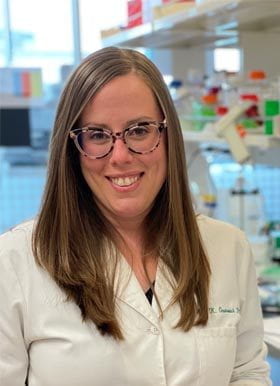
Arin Oestreich
Assistant Professor of Orthopaedic Surgery
- Email: aoestreich@wustl.edu
Dr. Oestreich's research focuses on how maternal obesity influences pregnancy health, fetal skeletal development, and the long term metabolic and musculoskeletal health of the adult offspring.
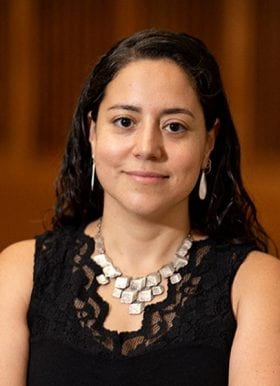
B. Duygu Ozpolat, PhD
Assistant Professor, Department of Biology
- Email: bdozpolat@wustl.edu
If humans lose their reproductive cells (i.e eggs and sperm) they become infertile, in contrast, some animals regenerate their reproductive cells and reproductive organs. The Ozpolat lab's goal is to uncover the mechanisms of reproductive cell and tissue regeneration by identifying the cell types and genes involved in this process, which will inform regenerative medicine approaches.

Elizabeth Pollina
Assistant Professor, Developmental Biology
- Email: pollina@wustl.edu
The Pollina lab leverages new tools and techniques from neuroscience, epigenetics, and genome integrity to advance our understanding of genome fidelity in the nervous system of living organisms. We characterize how diverse environmental stimuli trigger changes in transcription, chromatin, and DNA damage and examine how these dynamic processes go awry in aging and neurological disease.

Michael Rauchman, MDCM
Professor, Division of Nephrology, Department of Medicine
- Email: mrauchma@wustl.edu
Dr. Rauchman’s research focuses on understanding the molecular and genetic basis of mammalian kidney development, how disruption of specific pathways leads to abnormal development of this organ, the consequences of injury to adult kidney and the relationship between genetic mutations in humans and the development of future cardiovascular and renal disorders in humans.
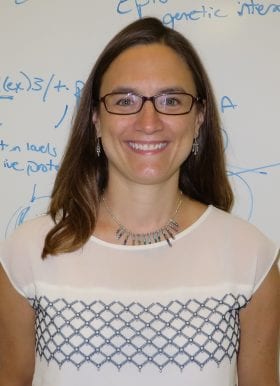
Stacey Rentschler, MD, PhD
Associate Professor, Division of Cardiology, Department of Medicine
- Email: stacey.rentschler@wustl.edu
The Rentschler lab studies the molecular mechanisms of conduction cell specification and conductive disorders in heart biology.

Mark Sands, PhD
Professor, Division of Oncology, Department of Medicine
- Email: mssands@wustl.edu
The Sands lab studies the underlying pathophysiology of lysosomal storage diseases and develops therapies to treat them.

Jie Shen, PhD
Assistant Professor, Orthopedic Surgery
- Email: shen.j@wustl.edu
The Shen laboratory recently works on epigenetics of degenerative and regenerative processes in the muscuoskeletal system, e.g. osteoarthritis and bony fracture. They employ unbiased approaches to study the genomic and epigenomic alterations in skeletal diseases.
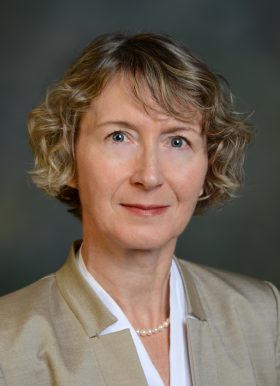
Lilianna Solnica-Krezel, PhD
Co-Director, Center of Regenerative Medicine; Alan A. and Edith L. Wolff Distinguished Professor and Head of Developmental Biology
- Email: solnical@wustl.edu
The Solnica-Krezel lab studies the cellular and molecular genetic mechanisms underlying vertebrate gastrulation in zebrafish and human embryonic stem cells.
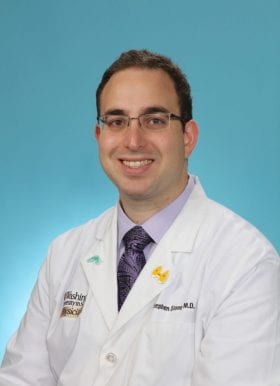
Stephen Stone, MD
Instructor, Department of Pediatrics
- Email: sstone@wustl.edu
Dr. Stone studies the role of Fibroblast Growth Factors in Severe Insulin Resistance Syndromes. His research uses both murine and stem cell based models to better understand these rare and debilitating conditions, with the ultimate goal of providing new therapies for these patients.
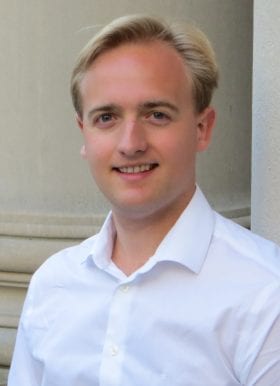
Thorold Theunissen, PhD
Assistant Professor, Developmental Biology; co-Director Human Cells, Tissues, and Organoids Core
- Email: t.theunissen@wustl.edu
The Theunissen lab investigates the molecular mechanisms regulating distinct pluripotent stem cell states and their applications in regenerative medicine.
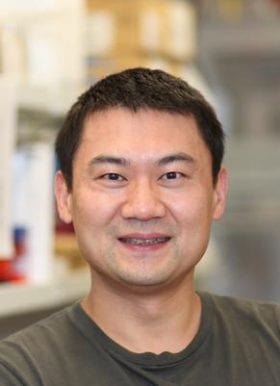
Ting Wang, PhD
Sanford C. and Karen P. Loewentheil Distinguished Professor, Genetics
- Email: twang@genetics.wustl.edu
The Wang lab focuses on understanding genetic and epigenetic factors that determine cell fate, including cell fate decision in normal development and differentiation, abnormal cell fate choice in cancer, and how specific cell types evolve.
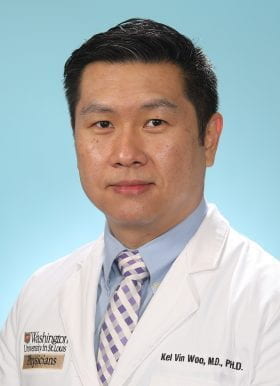
Kel Vin Woo, MD, PhD
Instructor of Pediatrics
- Email: woo_k@wustl.edu
The Woo lab studies vascular remodeling from the perspective of endothelial and smooth muscle cell reprogramming as induced by hypoxia.

Hiroko Yano, PhD
Associate Professor of Neurosurgery, Neurology, and Genetics
- Email: yanoh@wustl.edu
The Yano Lab is interested in mechanisms leading to neurodegenerative diseases and brain tumors and the development of disease therapies.

Andrew Yoo, PhD
Associate Professor, Developmental Biology
- Email: yooa@wustl.edu
The Yoo lab studies how microRNAs control development, direct reprogramming, and aging in neurons.